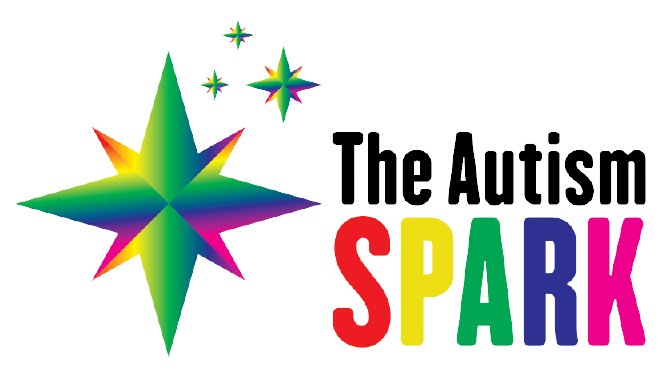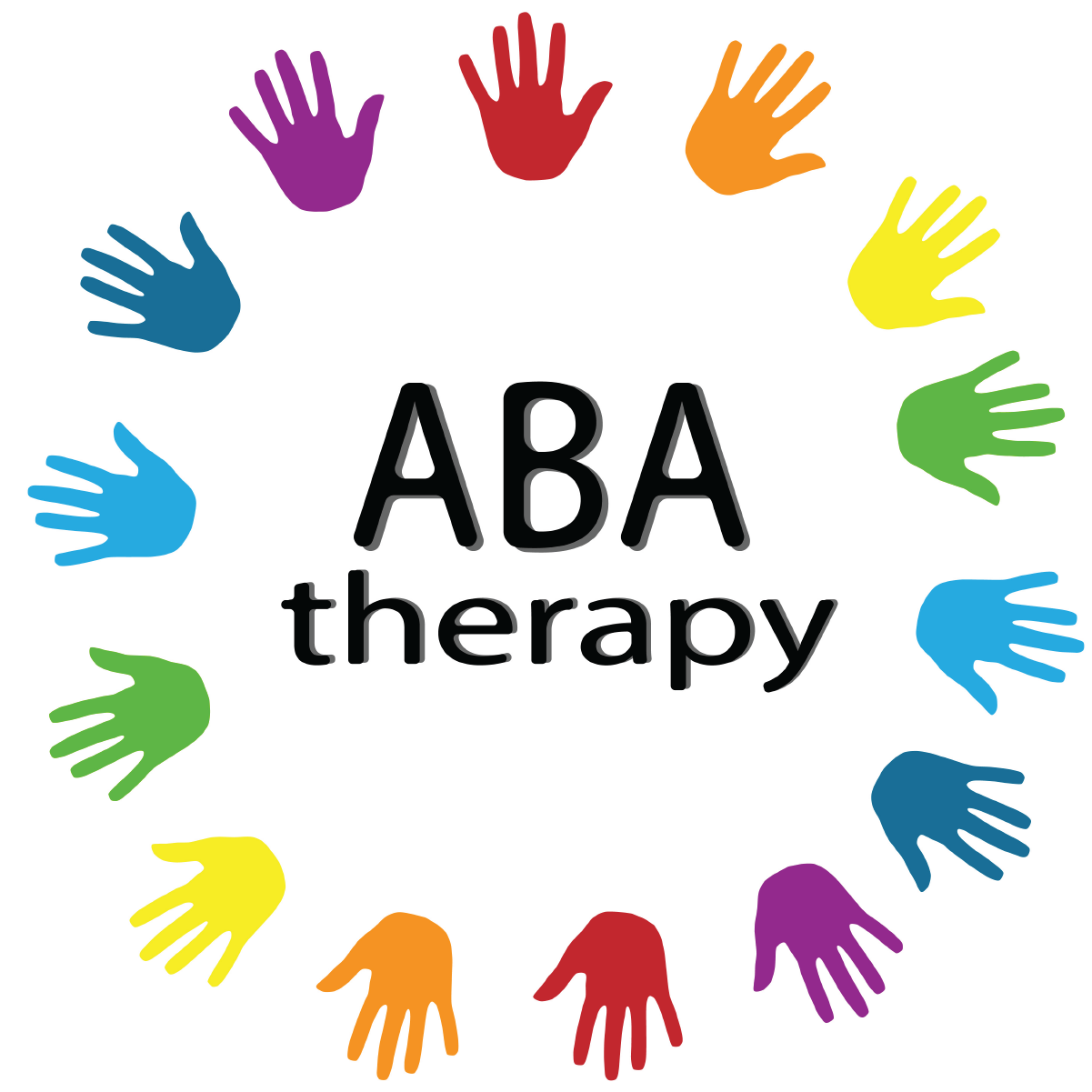Applied behavior analysis (ABA) is an intensive clinical behavioral therapy based on the science of learning and behavior. ABA is an evidence-based treatment, designed to decrease behaviors that limit opportunity, and increase behaviors that increase access to reinforcement. Therapy programs involve a 1:1 ratio, with one behavior therapist working with one learner on goals specifically designed for that learner.
The U.S. Surgeon General and the American Psychological Association (APA) have endorsed ABA for the treatment of behaviors related to ASD, and ABA therapy is now covered by most insurance companies – including MassHealth.



